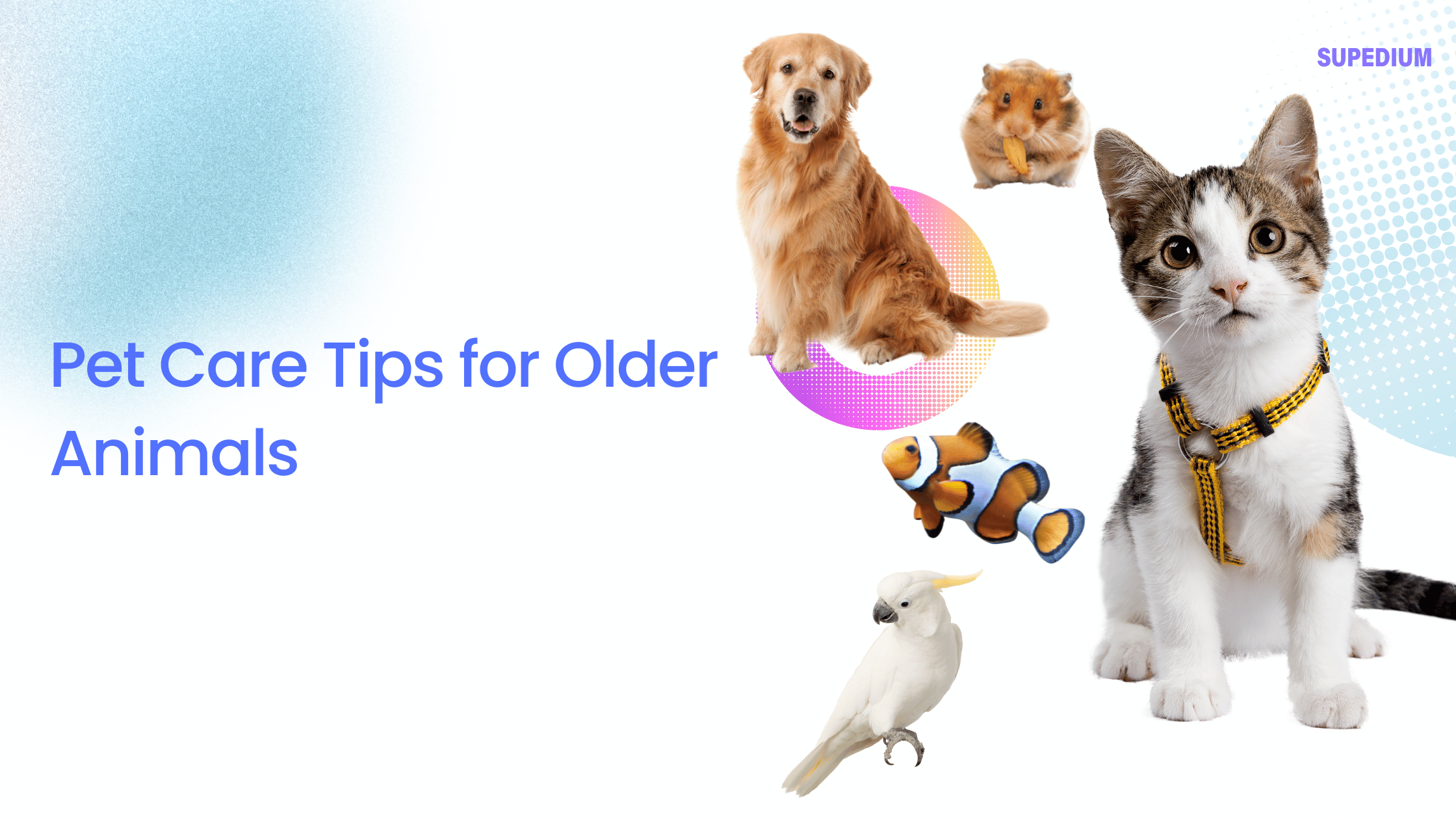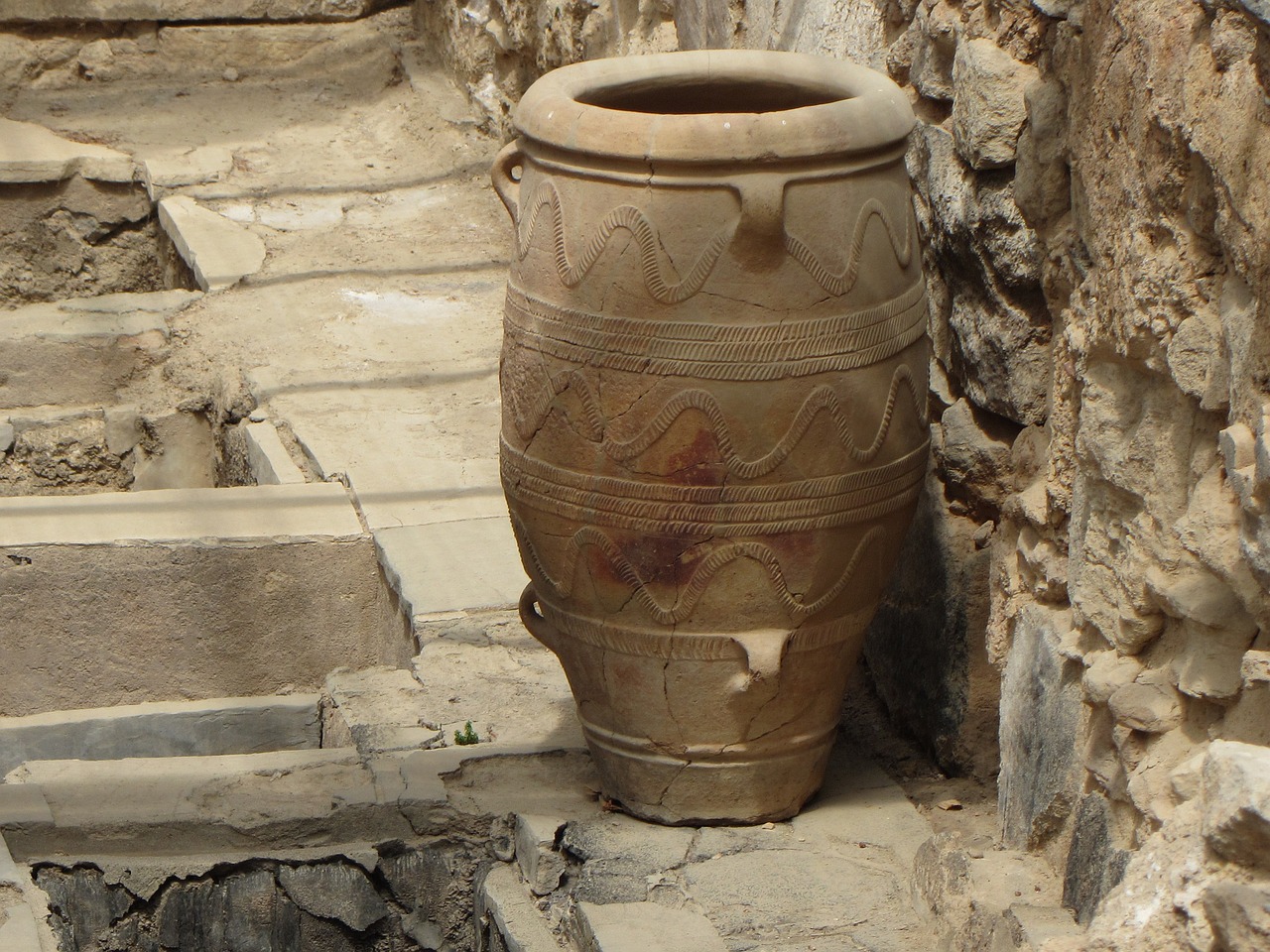Table of Contents
![]()
As pets age, their needs change significantly. Providing the right care for older animals is crucial for ensuring they lead happy, healthy, and comfortable lives. This guide offers practical tips for pet owners to enhance the quality of life for their senior companions.
Understanding Aging in Pets
Common Signs of Aging
Just like humans, pets experience various signs of aging. Some of the most common signs include:
- Decreased Energy: Older pets often become less active, preferring to rest rather than engage in vigorous play.
- Changes in Appetite: You may notice fluctuations in eating habits, with some older pets eating less or becoming pickier.
- Behavioral Changes: Increased anxiety, confusion, or irritability can occur as pets age.
- Physical Changes: Conditions such as arthritis may develop, leading to mobility issues, while dental problems can arise.
Lifespan Variations by Species and Breed
Understanding your pet’s lifespan is essential. Generally, cats live longer than dogs, and within dog breeds, smaller breeds tend to live longer than larger ones. Knowing the typical aging signs for your specific breed can help you anticipate their needs better.
Importance of Regular Veterinary Check-ups
Regular veterinary visits become increasingly important as pets age. Routine check-ups can help detect potential health issues early and manage chronic conditions effectively.
Nutrition and Diet
Importance of a Balanced Diet for Older Pets
A well-balanced diet is vital for maintaining the health of senior pets. Nutritional needs change with age, requiring adjustments to their diet.
Recommended Dietary Adjustments
- Reduced Calorie Intake: As pets become less active, they may require fewer calories to prevent obesity.
- Higher Fiber: Increased fiber can aid digestion and help maintain a healthy weight.
- Omega Fatty Acids: These are beneficial for joint health and can help alleviate symptoms of arthritis.
Specialized Senior Pet Food Options
Many pet food brands offer specialized formulas for senior pets, catering to their unique nutritional needs. These foods often include ingredients aimed at promoting joint health, cognitive function, and overall wellness.
Importance of Hydration
Hydration is crucial, especially for older pets who may be more prone to kidney issues. Ensure your pet has constant access to fresh water, and consider incorporating wet food into their diet to boost fluid intake.
Exercise and Activity
Tailoring Exercise to Individual Needs
Physical activity remains essential for older pets, but it should be adjusted based on their capabilities. Low-impact exercises, like short walks and swimming, can help keep them active without overexerting them.
Monitoring for Signs of Fatigue or Discomfort
Always observe your pet during exercise for signs of fatigue or discomfort. If they seem tired or reluctant to continue, it’s time to rest.
Benefits of Routine and Consistency in Exercise
Establishing a consistent routine helps senior pets feel secure. Regular, moderate exercise can improve their mood and overall health.
Health Monitoring and Veterinary Care
Regular Veterinary Visits and Check-ups
Frequent check-ups become essential for older pets. These visits allow for monitoring chronic conditions and preventative care to keep your pet healthy.
Vaccinations and Parasite Prevention
Older pets should still receive necessary vaccinations and be protected against parasites. Discuss any changes in your pet’s vaccination schedule with your veterinarian.
Common Geriatric Health Issues and Their Management
Senior pets are more prone to specific health issues, such as arthritis, diabetes, and kidney disease. Work closely with your veterinarian to manage these conditions effectively.
Comfort and Living Environment
Creating a Comfortable Space
A comfortable living environment is essential for senior pets. Ensure they have soft bedding and easy access to their favorite resting spots.
Mobility Aids
Consider using ramps or stairs to help pets navigate their environment safely. Orthopedic beds can provide additional support and comfort.
Reducing Stressors in the Environment
Minimize noise and stressors in your pet’s environment. A calm, secure space can significantly enhance their well-being.
Grooming and Hygiene
Importance of Regular Grooming
Regular grooming helps maintain your pet’s coat and skin health. Older pets may need more frequent grooming to manage shedding and prevent matting.
Dental Care
Oral health is particularly important for senior pets. Regular brushing and dental check-ups can help prevent serious dental issues that can lead to other health problems.
Bathing and Coat Care Considerations
Grooming routines may need adjustment based on your pet’s physical condition. Be gentle, and consider using soothing, hypoallergenic products.
Behavioral and Emotional Well-being
Recognizing Signs of Anxiety or Depression
Older pets may experience anxiety or depression due to changes in their environment or health. Look for signs like withdrawal or changes in appetite.
Enrichment Activities to Promote Mental Health
Engaging activities can significantly improve your pet’s emotional well-being. Interactive toys, training sessions, and socializing with other pets can keep their minds sharp.
Importance of Routine and Predictability
A consistent routine provides a sense of security for senior pets. Regular feeding times and daily activities help them feel grounded.
End-of-Life Considerations
Recognizing When a Pet May Be Nearing the End of Life
As difficult as it is, recognizing when a pet is nearing the end of life is essential. Look for signs such as significant weight loss, decreased mobility, or changes in behavior.
Discussing Palliative Care Options with a Veterinarian
Palliative care can help manage pain and improve your pet’s quality of life during their final months. Consult your veterinarian for advice on the best course of action.
Making Decisions About Euthanasia Compassionately
When the time comes, making the decision about euthanasia is challenging but sometimes necessary to prevent suffering. Discuss your options thoroughly with your vet.
Coping with Grief and Loss
Losing a pet can be devastating. Allow yourself to grieve, and consider joining support groups or talking to others who have experienced similar losses.
Conclusion
Caring for older animals requires patience, understanding, and tailored approaches to meet their unique needs. Regular veterinary care, a balanced diet, appropriate exercise, and emotional support are essential components in enhancing their quality of life. By being proactive and attentive, you can ensure that your senior pet enjoys their golden years to the fullest.
Share This





Be the first to comment